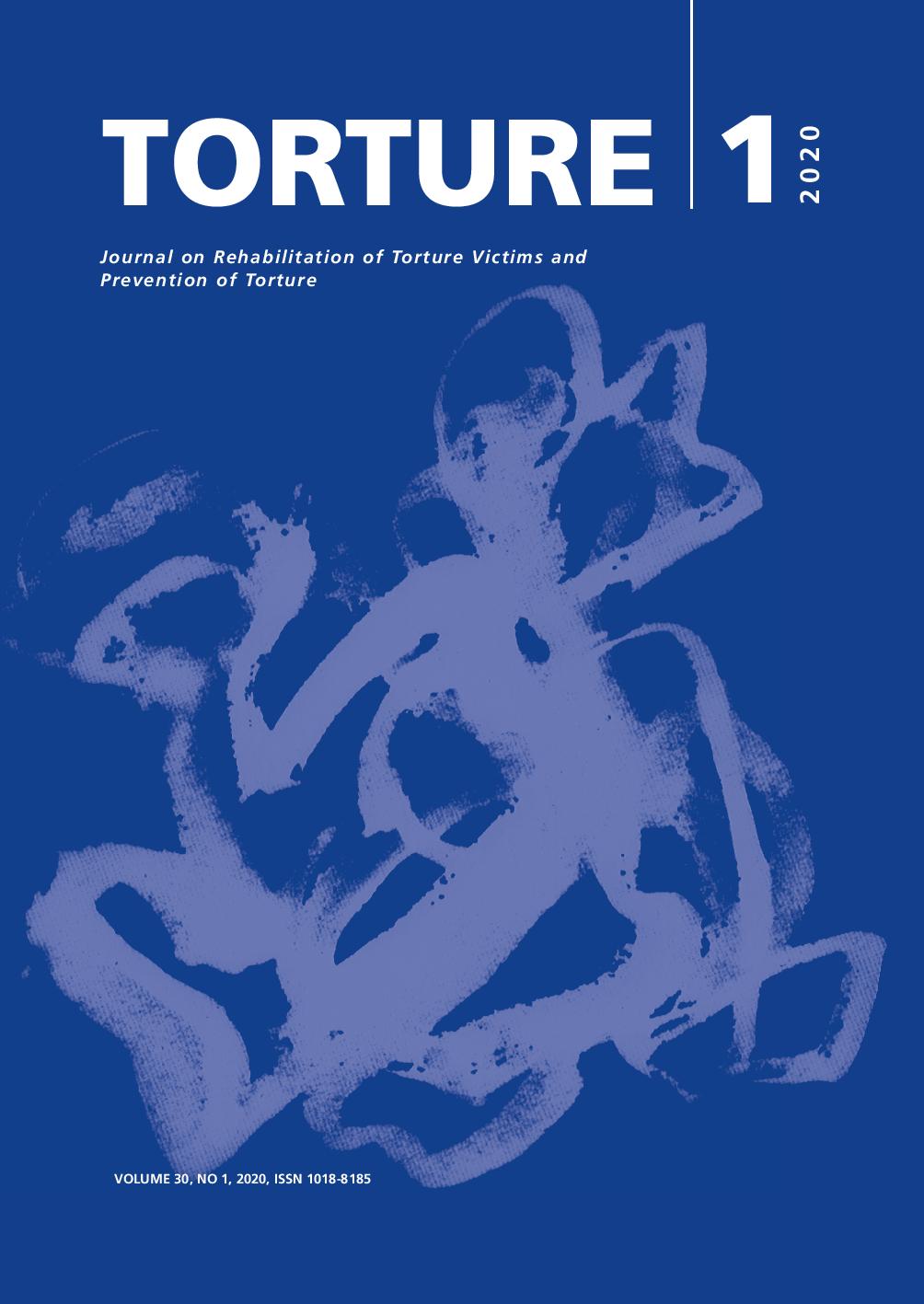Vol. 30 Núm. 1 (2020): Journal on Rehabilitation of Torture Victims and Prevention of Torture

Scientific contributions in this issue include presentation of a Complex Care Approach (CCA) for treatment of torture victims that integrates medical, psychological, psychosocial and existential elements from a holistic perspective, and apply it to an hypothetical paradigmatic case. A short scientific report presents a series of 40 cases of male victims of sexual torture in India with severe urological sequelae in defining the concept of parrilla torture and showing the interplay between medical and psychological sequels.
This issue also includes a short research report that presents data from an early analysis of the safeguards in the medical examination of people detained in Catalonia (Spain) in the framework of civic protests. The analysis serves as a reminder that the ethical principles of the Istanbul Protocol must be respected in all circumstances. Their data evidences a request for more thorough investigation by the Spanish authorities.
Conversion therapies are still common practice in many countries around the world as a recent IRCT report has shown. The Independent Forensic Expert Group (IFEG) has been working over the past two years on an analysis of these practices as a form of ill-treatment or torture. The reader will find a landmark document: the IFEG's latest Statement with the conclusions and recommendations to the international legal and medical communities.
Johan Lansen, one of the great European figures of the 20th century in the work with torture survivors, from his own experience as a Holocaust survivor, passed away in November 2019. Torture Journal reprints, as a posthu- mous tribute, the article that he published in the Journal of Medical Ethics more than 15 years ago with personal reflections on the ethical dilemmas of working with perpetrators.
This issue also presents the challenging path to criminalisation of torture and enforced disappearances in Thailand that has been ongoing for over a decade. The Special Suppression and Prevention and of Torture and Enforced Disappearance Bill, introduced in 2014 remains entangled in the Thai legislative process.

